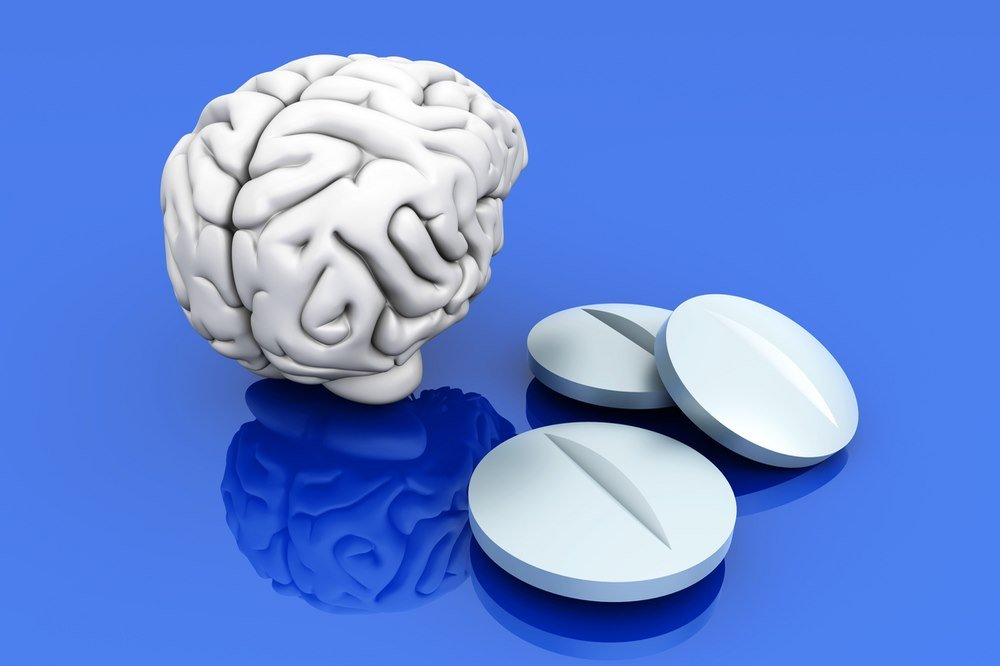Medical remedies

Schizophrenia requires lifelong treatment, even after the symptoms have subsided. Psychosocial therapy and medication can be of tremendous assistance in managing the condition. Nevertheless, hospitalisation may be required in some instances. Typically, a psychiatrist with experience in the treatment of schizophrenia creates an individualised treatment plan for each patient. To coordinate care, the treatment team may also include a social worker, psychiatric nurse, psychologist, and possibly a personal manager. Clinics with professional expertise in the treatment of schizophrenia might offer the collective approach of all team members. (8)
Medical treatments
Antipsychotic medications are the most commonly prescribed medicines for the treatment of schizophrenia, which relies on medication as its foundation. They are more likely to alleviate symptoms by influencing the neurotransmitter dopamine in the brain. Antipsychotic medication treatment aims to effectively manage symptoms and signs with the lowest possible dosage. By the time the desired effect is achieved, the psychiatrist may have tried various medications, combinations, or dosages. Other medications, such as anti-anxiety or antidepressant medicines, may also be helpful. It may take several weeks to observe an improvement in symptoms. Because schizophrenia medications may cause severe adverse effects, people with schizophrenia may avoid taking them.
Drug selection may be influenced by a patient’s willingness to cooperate with treatment. For instance, a person who consistently avoids taking medication may be required to administer injections instead of taking pills. Ask your healthcare provider about the risks and benefits of any recommended medication.
